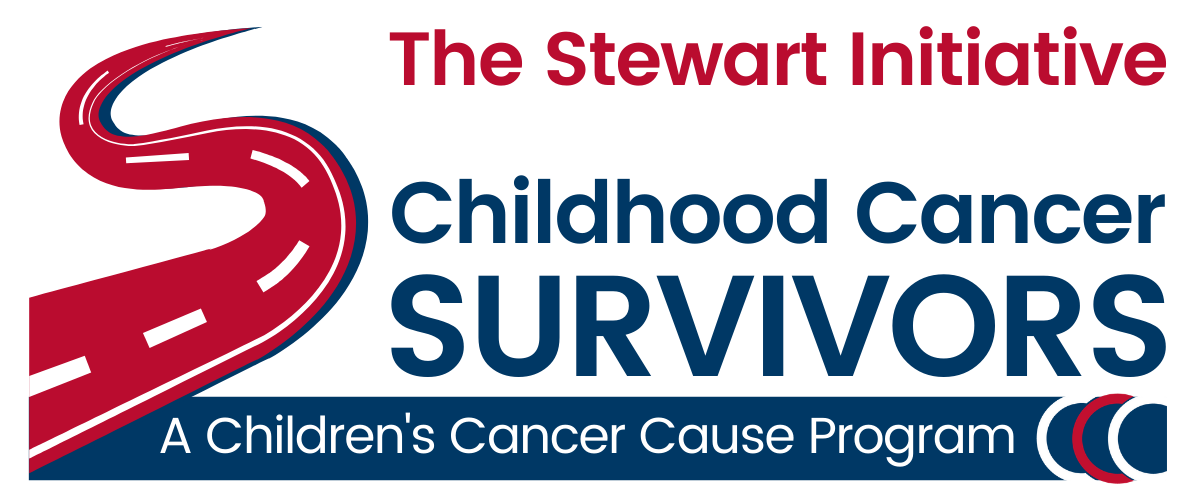Did you know that childhood cancer survivors sometimes age out of childhood cancer survivorship clinics?
But not always! Some clinics continue to see pediatric patients indefinitely. Every clinic has different eligibility and age guidelines.
“Most of the children’s hospitals allow healthcare providers to care for patients only up to the age of 21 - or at the most up to the age of 25. So childhood cancer survivors ‘age out’ of the system. Survivors [and caregivers] need to be aware of the treatments received, what they’re at risk for in terms of long-term complications, and a care plan of what screening they need to undergo every year in order to make sure those complications are detected at any early stage.”
- Dr. Smita Bhatia
As a general rule, all cancer survivors should be receiving regular follow-up visits for management of their long-term survivorship and late effects. Long-term follow-up visits should include a full review of the survivor’s overall health and specific tests based on the survivor’s cancer, treatment, and side effects.
If you were declared “no evidence of disease” as a child or teen, you likely then entered a period of “off-treatment” follow-up care where you were closely monitored at your treating cancer center with a close eye on making sure your cancer didn’t return.
At some point, “off-treatment” ends and “long term follow-up care” begins. This varies by institution but is typically two years after the completion of therapy, and appointments will be every 6-12 months. Survivorship clinicians aim to screen, prevent, and treat late effects impacting quality-of-life, which sometimes will require working closely with your primary care doctor(s) or specialists.
While you’re still a child, teen, or young adult, you’ll receive the best follow-up care at a survivorship clinic that is associated with a children’s hospital (ideally the center you were treated at, unless you’ve relocated a significant distance). In most cases, you’ll at some point need to transition from a pediatric survivorship clinic to an adult survivorship clinic. Part of a survivorship clinic’s work is to help you navigate this transition.
For some adult survivors - those who are at low risk of future complications and have few or minor late effects - screening through a primary care provider may be sufficient, and regular survivorship clinic visits may not be necessary. This decision should be made with your survivorship care team, who will help ensure that you and your primary care provider are well-equipped to manage your future card needs.
